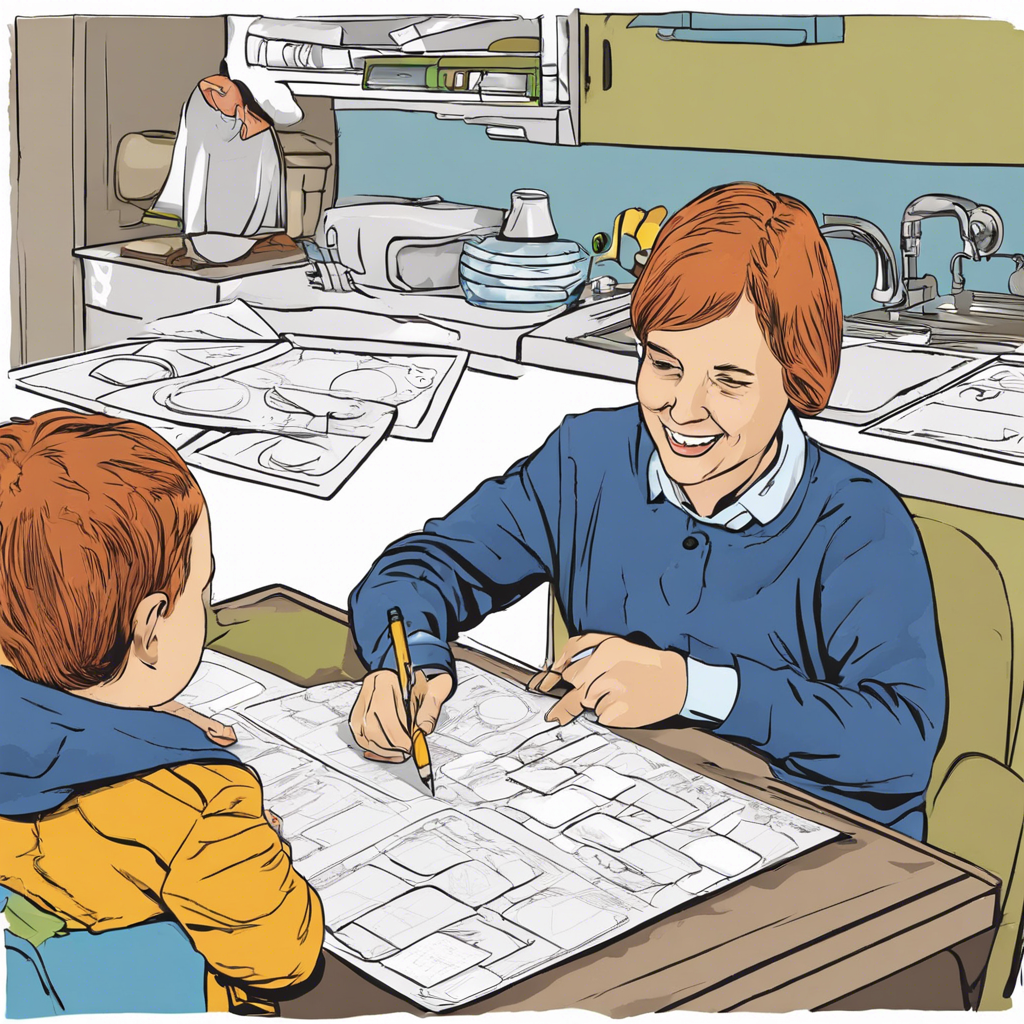Teaching children effective problem-solving skills is an invaluable gift that parents can impart to their offspring. These skills are essential for navigating life’s challenges and fostering resilience and adaptability. So, how can parents empower their children with these abilities? Here are some practical strategies:
Firstly, parents should embrace a growth mindset culture at home. Children should understand that challenges and failures are opportunities for growth and learning. By reframing setbacks as temporary and surmountable, parents can encourage their children to approach problems with a positive attitude and a willingness to persevere. This mindset shift can be fostered through open conversations and by sharing personal experiences of overcoming challenges.
Provide age-appropriate challenges and encourage critical thinking. Offer opportunities for children to face appropriate obstacles and make their own decisions. This could involve simple tasks like assembling a puzzle or more complex ones like planning a family activity. Through these experiences, children develop their analytical abilities and understand the connection between their actions and outcomes. Parents can guide them to think critically and consider various solutions before deciding on a course of action.
Model effective problem-solving strategies. Children learn by observing their parents’ behavior. Demonstrate good problem-solving skills in your daily life, verbalizing the steps you take to tackle challenges. For example, if you’re trying to fix a broken appliance, explain your troubleshooting process and involve your children in the process. This way, they can see how problems are approached and resolved in real-world scenarios.
Encourage creativity and out-of-the-box thinking. Problem solving often requires creativity and the ability to think beyond traditional solutions. Foster this skill by providing open-ended toys and activities that encourage imagination and creativity, such as arts and crafts, building blocks, or dramatic play. Also, reserve time for unstructured play, where children can explore and create their games and activities, allowing their creativity and problem-solving abilities to flourish.
Teach them to manage their emotions. Effective problem solving requires the ability to regulate emotions. Help your children identify and express their feelings appropriately. Teach them calming techniques, such as deep breathing or drawing, to manage stress and strong emotions when faced with challenges. These skills will enable them to approach problems with a clear head and maintain motivation during difficult tasks.

